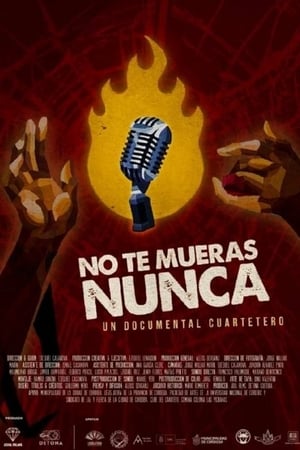Anyplace But Here

Anyplace But Here
HomePage
Overview
A documentary part of CBS reports. The plight of mental patients fit for discharge, but who find themselves thrust into communities unprepared to treat or accept them is the focus of this documentary narrated by Bill Moyers. The dilemma of being as scared of getting well as of remaining ill and facing a world with no home or job to go to is vividly portrayed as the film follows three patients as they move into rare transition programs.
Release Date
1978-07-01
Average
8
Rating:
4.0 startsTagline
Genres
Languages:
EnglishKeywords
Similar Movies
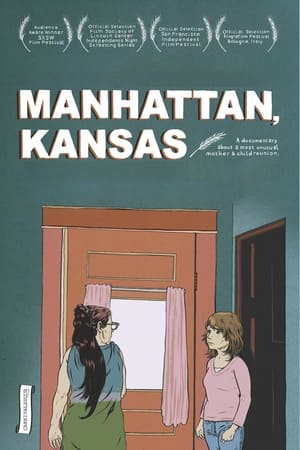 0.0
0.0Manhattan, Kansas(en)
Filmmaker Evie Wray travels to rural Kansas in an attempt to reconnect with her mentally unstable mother, Evie, for the first time since Evie’s psychotic breakdown five years earlier. She finds a parent still chasing her demons, both real and imagined, struggling to make a career for herself as an abstract artist and searching for the Geodetic Center of the United States, the finding of which, Evie says, will bring about world peace.
 8.0
8.0From Us To Me / Vom Wir zum Ich(de)
This first co-production between the GDR and Great Britain is intended to contribute to an understanding of the situation and attitudes of millions of working people in opposing social orders. Using the example of shipyard workers, fishermen, the brigade and family of a trade union active cook and unemployed person of various ages and professions in Newcastle on the one hand and a brigade of crane operators of the Warnowwerft and fishermen of the Warnemünde cooperative on the other hand, insights into the way of life and attitudes of people of our time are to be conveyed.
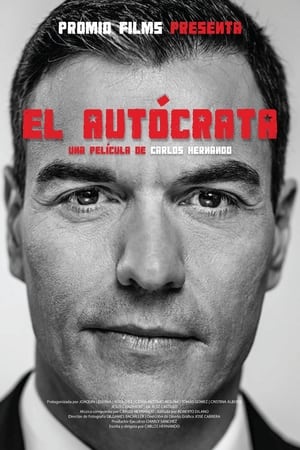 8.4
8.4El autócrata(es)
Historical leaders of the PSOE, among them several former ministers, lambast the political legacy of Pedro Sánchez, President of the Government of Spain.
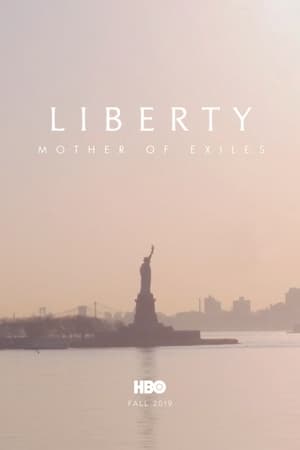 7.5
7.5Liberty: Mother of Exiles(en)
A look at the history of the Statue of Liberty and the meaning of sculptor Auguste Bartholdi's creation to people around the world.
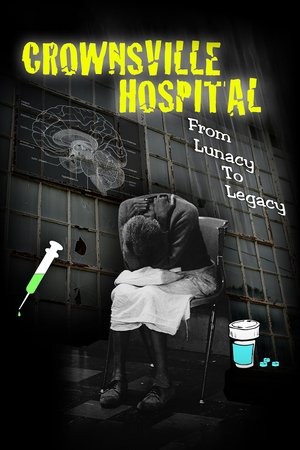 7.2
7.2Crownsville Hospital: From Lunacy to Legacy(en)
Crownsville Hospital: From Lunacy to Legacy is a feature-length documentary film highlighting the history of the Crownsville State Mental Hospital in Crownsville, MD.
 8.0
8.0Tukdam: The Point Of Death(en)
Irish director Donagh Coleman explores the extraordinary phenomenon of Tukdam, whereby some Tibetan Buddhist practitioners are able to forestall physical decay at the point of clinical death for days, even weeks, by entering a deep meditative state. Supported by His Holiness the Dalai Lama a group of leading scientists conduct groundbreaking research into the phenomenon, which challenges Western medical understanding of the line between life and death.
 7.4
7.4Sicko(en)
A documentary about the corrupt health care system in The United States who's main goal is to make profit even if it means losing people’s lives. "The more people you deny health insurance the more money we make" is the business model for health care providers in America.
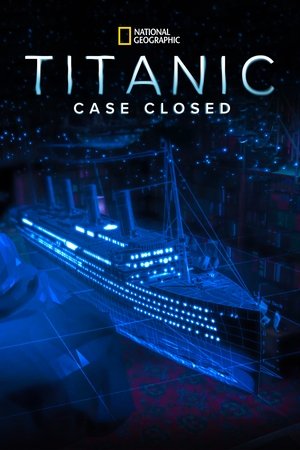 7.6
7.6Titanic's Final Mystery(en)
The sinking of the RMS Titanic remains one of the most enduring and mysterious tragedies of the 20th century. For decades, investigators and amateurs alike have floated theories for why it occurred and who was to blame for the extraordinary loss of life, but no one answer could fully explain what happened. Until now. To mark the 100th anniversary of the infamous disaster, Smithsonian Channel will premiere Titanic's Final Mystery. The two-hour special investigates a century of theories and uncovers astonishing new forensic evidence that proves the most likely theory for the case.
 7.0
7.0The Sound of Identity(en)
In the spotlight of global media coverage, the first transgender woman ever to perform as Don Giovanni in a professional opera, makes her historic debut in one of the reddest states in the U.S.
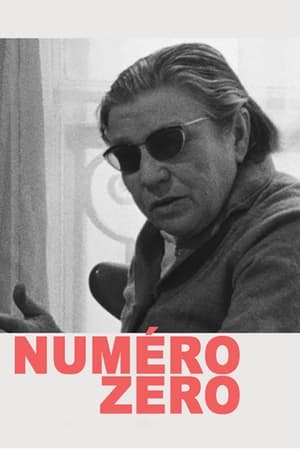 9.5
9.5Numéro zéro(fr)
A family portrait in which the director profiles his grandmother, Odette Robert. Eustache includes in the film the conditions of its production — he is seated at the table with her, pours her some whiskey, speaks with the camera operator, manipulates the clapboard at the head and tail of the reels, and even takes a phone call. Robert, who was seventy-one, speaks rapidly and tells the story of her life, starting from her early childhood in villages in the Bordeaux region of France. A shorter version of the film ("Odette Robert") was edited in 1980 to be broadcast on television on TF1. The complete film only gained exposure in 2002, when it was salvaged by Boris Eustache, Thierry Lounas, João Bénard da Costa, Jean-Marie Straub, and Pedro Costa.
 0.0
0.0American Aloha: Hula Beyond Hawai'i(en)
American Aloha: Hula Beyond Hawai’i shows the survival of the hula as a renaissance continues to grow beyond the islands. With the cost of living in Hawai'i estimated at 27 percent higher than the continental United States, large numbers of Hawaiians have left the islands to pursue professional and educational opportunities. Today, with more Native Hawaiians living on the mainland than in the state of Hawai'i, the hula has traveled with them. From the suburbs of Los Angeles to the San Francisco Bay Area, the largest Hawaiian communities have settled in California, and the hula continues to connect communities to their heritage on distant shores.
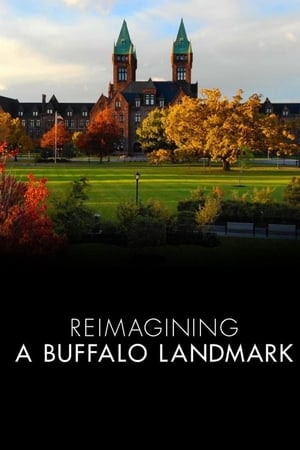 10.0
10.0Reimagining A Buffalo Landmark(en)
The Richardson Olmsted Campus, a former psychiatric center and National Historic Landmark, is seeing new life as it undergoes restoration and adaptation to a modern use.
 7.0
7.0An Inconvenient Truth(en)
A documentary on Al Gore's campaign to make the issue of global warming a recognized problem worldwide.
 0.0
0.0Shipbuilder(en)
This film recreates the true story of Tom Sukanen, an eccentric Finnish immigrant who homesteaded in Saskatchewan in the 1920s and 1930s. Sukanen spent ten years building and moving overland a huge iron ship that was to carry him back to his native Finland. The ship never reached water.
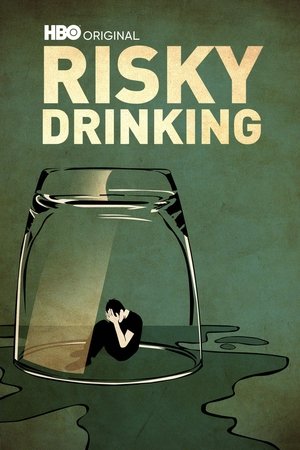 7.3
7.3Risky Drinking(en)
Are you a risky drinker? Nearly 70% of American adults drink alcohol and nearly 1/3 of them engage in problem drinking at some point in their lives. Produced with The National Institute of Alcohol Abuse and Alcoholism (NIAAA), Risky Drinking is a no-holds-barred look at a national epidemic through the intimate stories of four people whose drinking dramatically affects their relationships.
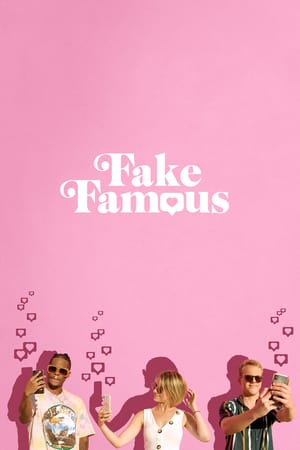 7.2
7.2Fake Famous(en)
Explores the meaning of fame and influence in the digital age through an innovative social experiment. Following three Los Angeles-based people with relatively small followings, the film explores the attempts made to turn them into famous influencers by purchasing fake followers and bots to “engage” with their social media accounts.
 7.1
7.1Unrest(en)
When Harvard PhD student Jennifer Brea is struck down at 28 by a fever that leaves her bedridden, doctors tell her it’s "all in her head." Determined to live, she sets out on a virtual journey to document her story—and four other families' stories—fighting a disease medicine forgot.
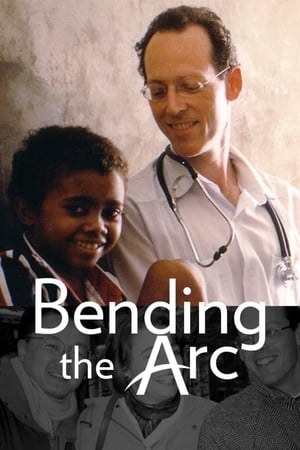 7.9
7.9Bending the Arc(en)
About the extraordinary doctors and activists—including Paul Farmer, Jim Yong Kim, and Ophelia Dahl—whose work 30 years ago to save lives in a rural Haitian village grew into a global battle in the halls of power for the right to health for all.
Recommendations Movies
 6.7
6.7Krampus: The Return(en)
After Lisa's brother mysteriously dies, she and her college friends go to her family home for answers. They are shocked to discover that his killer was non-other than the Christmas demon, Krampus.
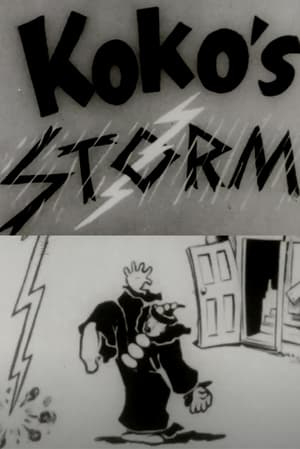 7.3
7.3The Storm(en)
Ko-Ko the Inkwell Clown and a baby get caught in a hurricane.
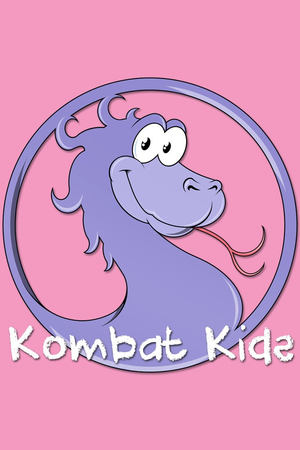 9.0
9.0Kombat Kids: Mortal Kombat Begins(en)
Kombat Kids is Mortal Kombat meets Muppet Babies, with a helping of South Park. It tells the heartwarming (and ripping) story of how Kombat began and features fan favorite characters like Scorpion, Liu Kang, Johnny Cage and Kitana.
Alex(en)
A young boy in the suburbs is haunted by his sins when trying to contribute to his local community.
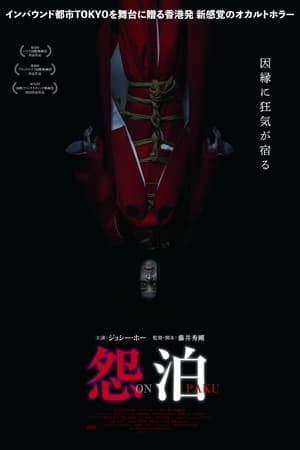 4.0
4.0Onpaku(ja)
Tokyo is a mere five-hour flight from Hong Kong but it is a totally different world. Sarah (Josie Ho) has come to Japan seeking to buy an investment property and to have a brief and restful holiday after a bad break-up with her boyfriend. Everything has been precisely arranged in advance; from the schedule, to the hotel, to the real estate broker and the site visits. Immediately after her arrival, things start to go terribly wrong.
 5.2
5.2Willi Tobler und der Untergang der 6. Flotte(de)
Willi endeavors to survive in a world where annihilistic galactic battles rage, by taking a job at the centre of power. But it's the wrong side that he takes in this civil war...
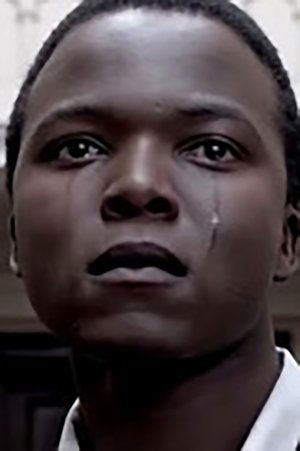 6.0
6.0Fire With Fire(en)
“We never know how high we are till we are called to rise” could be the motto of this stunningly filmed, high impact and suspenseful motion picture that is based on a true story. Solomon Kalushi Mahlangu is a teenage hawker who is drawn into the liberation movement to fight against an oppressive apartheid South African government. When he and his comrades are accosted by police while on a mission he is charged with two counts of murder. He is in a fight for his life and must prove his innocence.
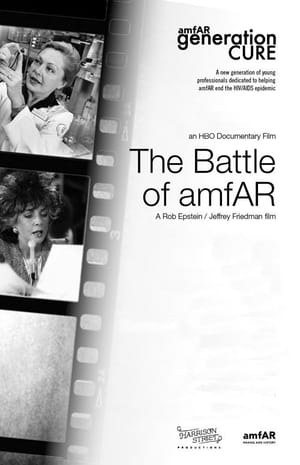 5.0
5.0The Battle of Amfar(en)
When AIDS struck in the early 1980s, a scientist and a movie star did not have to respond - but they did. Dr. Mathilde Krim and Elizabeth Taylor joined forces to create amfAR, the Foundation for AIDS Research. The fight against HIV has never been the same. The Perfect Host reveals how two powerful and very different women came together, and what their combined efforts achieved. With passion and wit, Taylor wielded celebrity as a weapon against government indifference while Krim's commitment to science ensured support for the most promising research areas. Today, the only man cured of AIDS can thank research championed by Mathilde Krim. Visually dazzling and emotionally compelling, this story offers a surprising perspective on the still ongoing fight against AIDS.
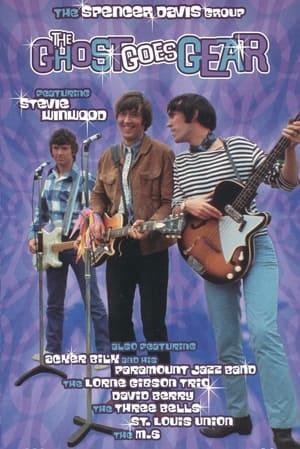 5.0
5.0The Ghost Goes Gear(en)
Unbeknownst to the Spencer Davis Group, their manager is upper class, grew up in a haunted manor, and is called Algernon. When they visit his home, they find out that the family is broke, they don't have the money to pay the servants, and their home is going to ruin. Spencer suggests that they advertise the home (and the ghost) and charge admission.
 10.0
10.0Sibling Topics (Section A)(en)
Trecartin returns to his conception of family-as-business-enterprise, casting parent figures as managers and executives on one end of the spectrum, estranged children as freelancers on the other. The director plays four sisters named Ceader, Britt, Adobe and Deno, the boundaries of whom are indistinct. It is difficult to tell where one sister ends and the next begins. The sisters' questing—for identity, for romance, etc.—leads them on an episodic series of adventures, several of which are defined as "premises." A Trecartin premise plays out as a predetermined situation where the character initiating it has already set the tone, terms, and trajectory of the experience in their mind. The actual, lived event serves only as the shading-in of the outline.
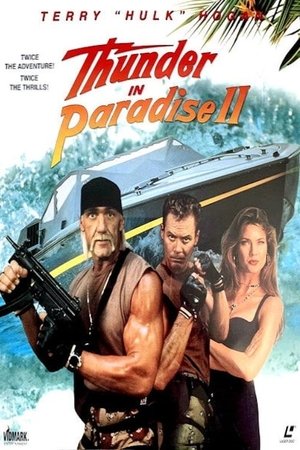 7.3
7.3Thunder in Paradise 2(en)
Kelly is whisked off into Prince Aramour's harem and given to his enemy as tribute in this romantic tale of capture and rescue.
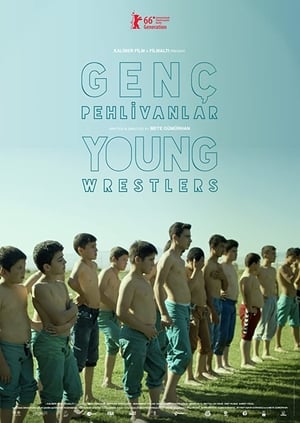 5.4
5.4Young Wrestlers(tr)
“Let’s see if you gained any weight. 26,3 kilogram. Ahmet, you need to eat more. Double meals.” Like other boys their age, Baran, Ahmet and their classmates wrestle with the desire for recognition, with homesickness and with their target weights. Most of all though, they wrestle with, and against, one another. They are comrades and competitors, united by one and the same dream: Olympic gold! In their wrestling academy in the Turkish province of Amasya, which is well known for this traditional form of combat sport, they undergo strength and endurance training, they learn lifts and throws, they urge each other on and they console one another. Always responding to the boys’ needs, the trainers give the boys tough love, sometimes fatherly, sometimes strict and disciplinary. The film’s intimate documental camera bears close witness to the fine line between friendship and competition, victory and the lesson of how to lose.
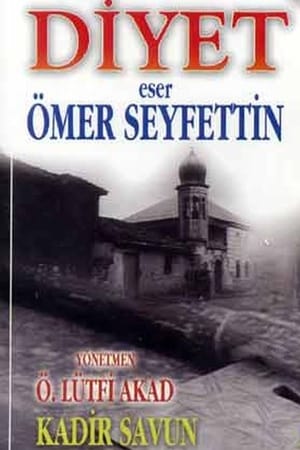 6.2
6.2Diyet(tr)
The film deals with the migration from the village to the city with a realistic narrative. The immigration phenomenon described in workers' hands in a factory refers to both the modernization process in the period and the unionization. Hacer emigrates to Istanbul with his father, two children and his wife. Her husband left her and she was a helpless. Hacer was influenced by the union of the working factory, who owns the crippled friends. Hacer thought very much about to traditions versus modernization. It is the last of the film of director Ömer Lütfi Akad's Bridal-Wedding-Recoup trilogy. And it is still the inaccessible film of Turkish cinema history with its movie theme, cast, and acting success.
Murder by Proxy: How America Went Postal(en)
Murder By Proxy: How America Went Postal is a documentary that examines the phenomenon of spree killing, particularly in a workplace, that became known in the United States as “going postal”. The film argues that the phenomenon originated in the United States Postal Service as a result of hostile work environment following the Postal Reorganization Act of 1971 and then spread to the rest of society.
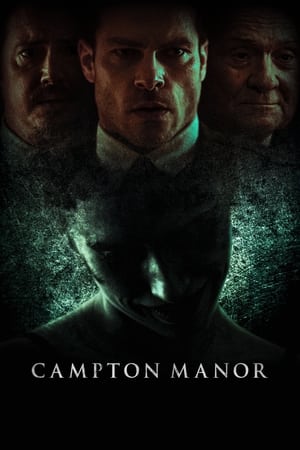 4.2
4.2Campton Manor(en)
An author tries to investigate a decades old mystery and finds himself stuck in his own ghost story.





